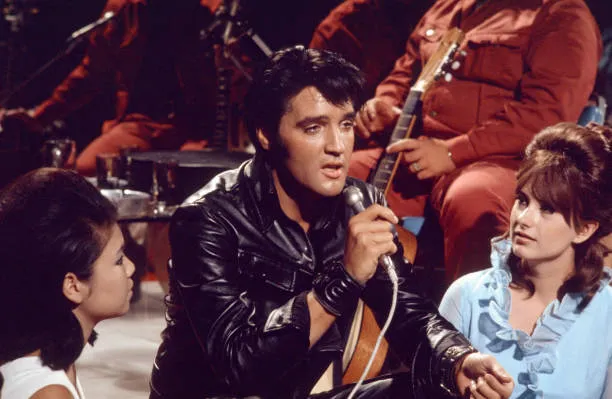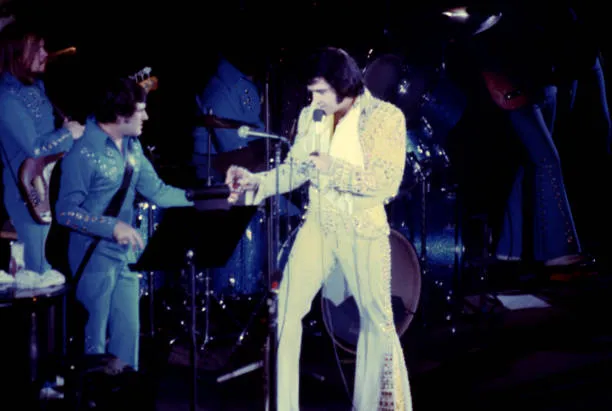Eric Clapton, widely celebrated as one of the greatest guitarists of all time, has carved out a unique and enduring legacy in the music industry. His ascent to legendary status is the result of a combination of unparalleled guitar virtuosity, a prolific and diverse career, and a personal story marked by resilience and growth. Here’s a closer look at what has contributed to Clapton’s iconic status.
Unparalleled Guitar Virtuosity

Eric Clapton’s guitar skills are renowned for their innovation and emotional depth. His playing style, characterized by a blend of blues and rock, has set new standards for guitarists across genres. Clapton’s mastery of the blues is evident in his expressive solos and intricate techniques, while his rock performances have showcased his versatility and technical prowess. Signature solos like those in “Layla” and “Crossroads” have become defining moments in music history, underscoring his impact on guitar culture.
Prolific and Diverse Career

Clapton’s career spans several decades and includes influential stints with some of the most iconic bands of the 1960s and 1970s. His journey began with The Yardbirds, where he made a name for himself as a formidable guitarist. Following this, his tenure with John Mayall & the Bluesbreakers solidified his reputation in the blues world. Clapton’s work with Cream, alongside Jack Bruce and Ginger Baker, produced groundbreaking music that redefined rock. The brief but impactful collaboration with Blind Faith, and the subsequent formation of Derek and the Dominos, further showcased his musical evolution. Clapton’s successful solo career, which began in the early 1970s, continues to flourish, demonstrating his adaptability and enduring appeal.
Iconic Songs and Albums

Clapton’s discography includes some of the most memorable songs in rock and blues. “Layla,” with its unforgettable riff and emotional depth, remains one of his most celebrated works. “Wonderful Tonight,” a tender ballad, has become a staple at weddings and romantic occasions. “Tears in Heaven,” a poignant reflection on personal tragedy, highlights Clapton’s ability to channel his experiences into moving music. The album 461 Ocean Boulevard, featuring the hit single “I Shot the Sheriff,” marks a significant point in Clapton’s solo career, showcasing his diverse musical influences and stylistic evolution.
Influence on Guitar Culture
Clapton’s influence extends beyond his own recordings. He played a pivotal role in popularizing the Fender Stratocaster, a guitar that has since become synonymous with rock and blues. His use of the Stratocaster, combined with his innovative techniques, has inspired countless guitarists and contributed to the instrument’s legendary status. Clapton’s approach to guitar playing has set a standard for future generations, making him a revered figure in guitar culture.
Personal Story and Resilience
Clapton’s personal journey is marked by significant challenges, including battles with addiction and personal tragedies. His struggles with substance abuse, which he candidly addresses in his autobiography and music, reflect a period of intense personal conflict. The tragic death of his son Conor in 1991 profoundly affected Clapton, leading to the creation of “Tears in Heaven.” Despite these hardships, Clapton’s resilience and ability to channel his experiences into his music have been integral to his enduring legacy.
Awards and Recognitions

Clapton’s contributions to music have been recognized with numerous awards and accolades. He has won multiple Grammy Awards, affirming his excellence as a performer and songwriter. His induction into the Rock and Roll Hall of Fame three times—once as a solo artist and twice as a member of The Yardbirds and Cream—highlights his influential role in shaping rock history. Additionally, his appointment as Commander of the Order of the British Empire (CBE) underscores his impact on music and culture.
Collaborations and Respected Peer Status

Throughout his career, Clapton has collaborated with some of the most respected names in music, including George Harrison, Jimi Hendrix, and B.B. King. His ability to work with other legends and earn their respect speaks to his stature and versatility as a musician. Clapton’s collaborations have enriched his career and expanded his influence within the music community.
Longevity in the Industry
Clapton’s ability to adapt to changing music scenes and maintain relevance across decades is a testament to his enduring talent and appeal. From the blues-driven sounds of his early career to his explorations into different genres, Clapton has continually evolved as an artist while staying true to his roots. His longevity in the industry is a reflection of his dedication to his craft and his ability to connect with audiences across generations.
Conclusion
Eric Clapton’s rise to fame is a result of his extraordinary talent, diverse career, influential music, and personal resilience. His story is one of musical genius intertwined with personal growth and perseverance. Clapton’s legacy as a guitarist, songwriter, and performer continues to inspire and captivate audiences, affirming his place as a true icon in the world of music.



